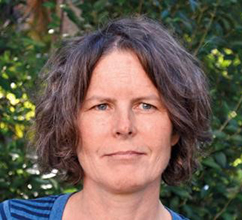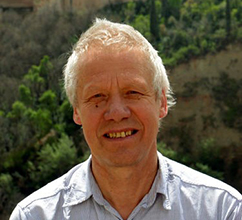WHAT IS A REGIONAL CENTRE OF EXPERTISE (RCE)?
Established by the United Nations University Institute for the Advanced Study of Sustainability (UNU-IAS) in 2003, Regional Centres of Expertise developed out of a project for Education for Sustainable Development (ESD) after the United Nations Scientific and Cultural Organization (UNESCO) stressed the need to reorient existing education towards sustainability. The ESD project designed and implemented research and development activities through two flagship initiatives: a global multi-stakeholder global network of Regional Centres of Expertise on ESD (RCEs) and a network of higher education institutions. Currently, over 157 RCEs have been officially acknowledged by the United Nations University worldwide.
The RCE network plays a crucial role in implementing the UNESCO Global Action Program on ESD which includes:
- advancing policy by mainstreaming ESD,
- transforming learning and training environments using the whole-institution approach,
- building capacities of educators and trainers,
- empowering and mobilizing youth,
- and accelerating sustainable solutions at the local level
An RCE is a network of existing formal, non-formal and informal organizations that facilitate learning towards sustainable development in local and regional communities. RCEs bring together institutions at the regional/local level to jointly promote ESD. They build innovative platforms to share information and experiences and to promote dialogue among regional/local stakeholders through partnerships for sustainable development. They create a local/regional knowledge base to support ESD actors, and promote four major goals of ESD in a resource-effective manner. These four goals are to:
- Re-orient education towards SD, covering existing programmes/subjects from the point of ESD and designing and integrate SD in curricula. ESD programmes are tailored to address issues and local context of the community in which they operate.
- Increase access to quality education that is most needed in the regional context;
- Deliver trainers’ training programmes and develop methodologies and learning materials for them;
- Lead advocacy and awareness-raising efforts in the public about the importance of educators and the essential role of ESD in achieving a sustainable future. RCEs promote the long-term goals of ESD, such as environmental stewardship, social justice, and improvement of the quality of life.






